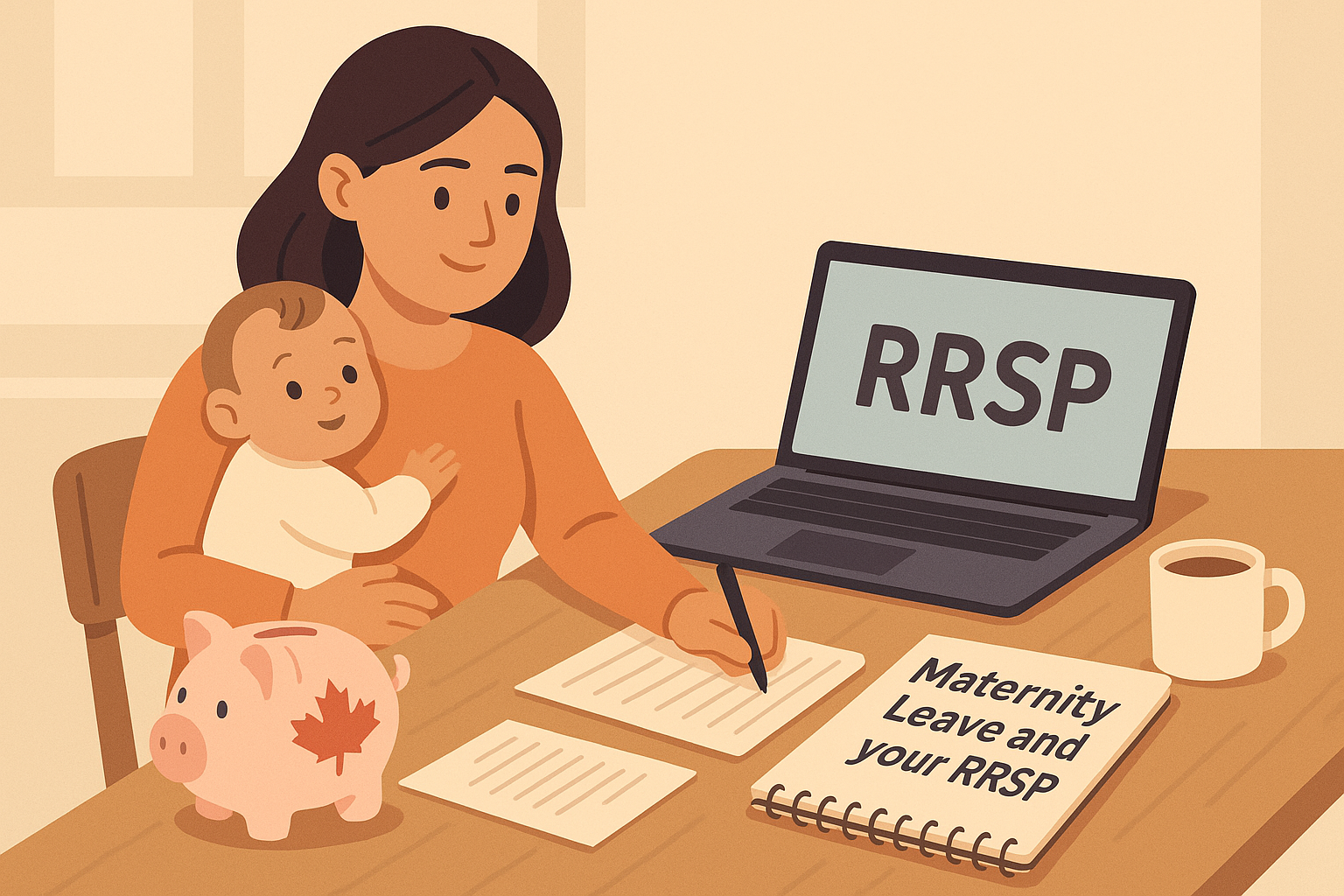Investing can seem daunting with its complex terminologies and fluctuating markets. However, understanding the fundamental nature of investments can simplify the process and make you a better lifetime investor. Let’s dive into the connection between two major investment avenues: real estate and stocks.
Real Estate: Concrete and Tangible
Real estate enthusiasts often emphasize the physical and tangible nature of their investments. Houses and apartments are real, providing the essential service of housing. This concrete nature is comforting—unlike numbers on a screen, you can see and touch your investment.
Owning real estate provides a sustainable source of income through rent. Tenants pay for the essential need of housing, generating a steady cash flow. Furthermore, your ownership is protected by our legal system, adding a layer of security and trust. This legal protection underpins societal wealth and stability.
However, an over-reliance on real estate can lead to a narrow investment perspective. The so-called “crusty multimillionaire landlord syndrome” is where an investor, despite owning hundreds of rental units, is perpetually seeking the next deal. Real estate often requires active management—it’s not entirely a passive investment.
Stocks: Ownership of Real Businesses
On the other hand, stock market enthusiasts might focus excessively on stock prices and technical patterns rather than the businesses behind the stocks. Terms like “200-day moving average” or “death cross pattern” reflect a speculative approach, similar to betting on volatile assets like cryptocurrencies without understanding their intrinsic value.
Stocks represent ownership in real businesses. A stock is a guaranteed slice of ownership, protected by our legal system, much like the deed to a house. This ownership entitles you to company financial statements, participation in shareholder meetings, voting on company matters, and even influencing the board of directors.
The underlying value of a stock comes from the company’s earnings. Without earnings, there is no real value. Speculating on price movements without considering the company’s fundamentals is like trying to get fit by wearing a fake muscle suit instead of working out. Real value comes from the company’s ability to generate profits.
Bridging the Gap: The Unified Investment Approach
To become a better investor, merge the philosophies of real estate and stock market investing. Consider every investment as a different type of rental house. Ask yourself: What value does this house (or company) deliver to society? What are its earnings relative to the price you are paying?
This approach helps you see investments not just as fluctuating numbers but as productive assets contributing to societal needs and generating returns. Whether it’s a house providing shelter or a company offering products and services, both are real, concrete investments with tangible benefits.
By understanding and integrating the strengths of both real estate and stock investing, you can create a balanced and robust investment strategy. Remember, the key to financial success is not in complex strategies or speculative bets but in owning productive assets that generate real value over time. Embrace this holistic approach and watch your investments flourish.
Thank you for reading! Subscribe for more helpful content!
Disclaimer: While I strive to provide valuable information, I am not a financial advisor. The content on this page is intended for informational purposes only and should not be taken as financial advice. To choose the financial asset that best fits your individual profile, consult with a professional financial advisor and discuss your specific circumstances.






